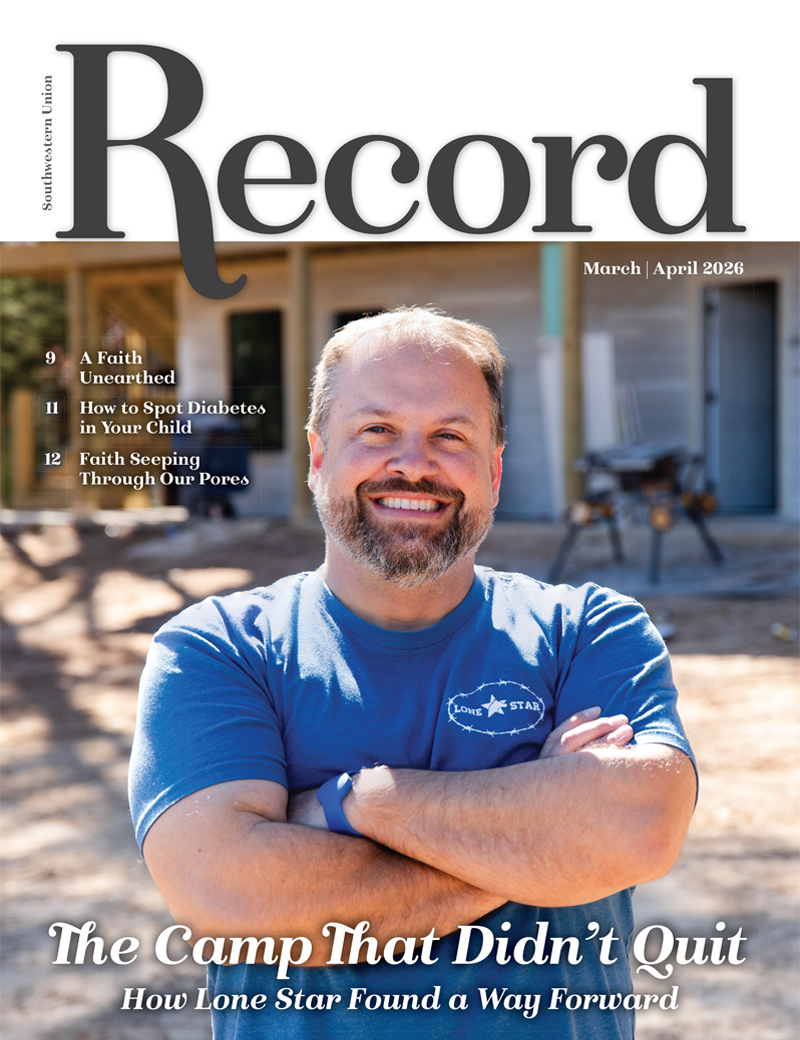Continuously Improving

During my career in Adventist education as a classroom teacher as well as a leader, I have been a relentless proponent of excellence in teaching and learning. We are preparing our learners to be good citizens in this world and for eternity, so as parents, pastors and educators, our sole focus should be on providing them the knowledge and skills necessary to achieve this purpose. The world is a very different place today than even a decade ago; career and college expectations, in particular, have significantly changed. In response to the changing context of our times, the Southwestern Union Office of Education has recently developed a set of student outcomes that will serve as the driver for all teaching and learning. We refer to these as the 7Cs which include: Connection to God and Others, Citizenship, Collaboration, Critical Thinking and Problem Solving, Creativity, Communication and Character. The goal is to embed them across the curriculum in all grade levels.
The Continuous School Improvement (CSI) process that was introduced in an earlier issue of the Record will be the vehicle for meaningfully embedding the outcomes in practice. To review, this annual process involves a commitment to data-informed, but values-driven decision making. Schools are being encouraged to annually collect and analyze data in four areas: demographic, perceptions, student learning and programs. The resulting data profile is then used to inform mission, vision and the development of a CSI Plan. Leadership, collaboration, and professional learning are key supports for the implementation and evaluation of the Plan.
At a recent Union Education Advisory meeting, the process was reviewed, and the group participated in a simulated pre-assessment exercise that acclimates schools to the important components of school improvement.
The Texas Conference team then shared their journey to implement the steps in four schools across their territory. I had the opportunity to join them on several of the initial school visits, and was delighted to witness the engagement of the faculty in each school communicating and collaborating during the professional learning activities.
There are already several compelling examples of CSI in our Union. Ellen Thomas, associate superintendent for education for the Texas Conference, shared these four schools in Texas, San Marcos Junior Academy, The Oaks Adventist Christian School, South Texas Christian Academy, and the Adventist Christian Academy of Texas have begun the process, beginning with administrative and teacher workshops discussing some of the basics of school improvement.
According to Thomas, the schools have reviewed ITBS tests, sent out perception surveys to students, parents, and local church members, and performed data collection to understand the needs of their local communities. The interpretation and understanding of this data then informs actions taken by teachers and administrators to improve the school as it strives to serve its students.
Says Thomas, “This is a long-term process. Our goal is to give our schools the tools they need to keep improving. The question we keep in the back of our minds during the process is ‘What would it take to ensure student learning increases at every grade level, in every subject area and with every student group?’”
Thus, the Southwestern Union Conference continues to address best practices in relation to teaching and learning within the context of the CSI framework. Our goal is to have all schools participating in this process within the next two years as we continue our Journey to Excellence.
By Carol Campbell, Ph.D., Southwestern Union Vice President for Education


